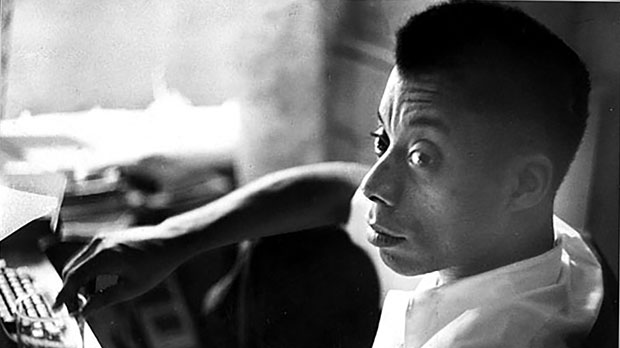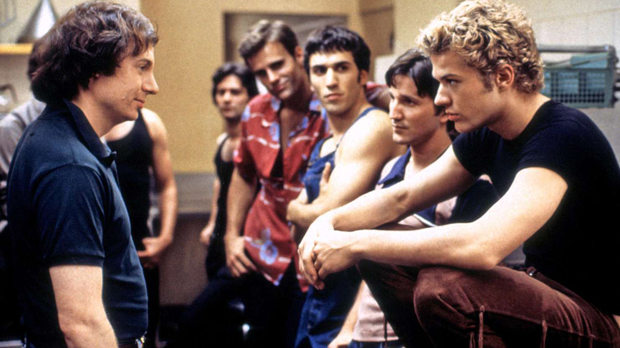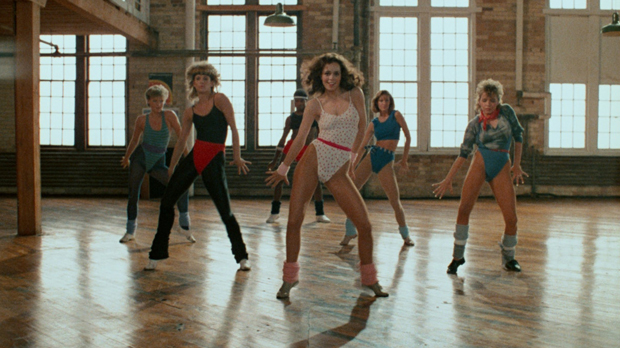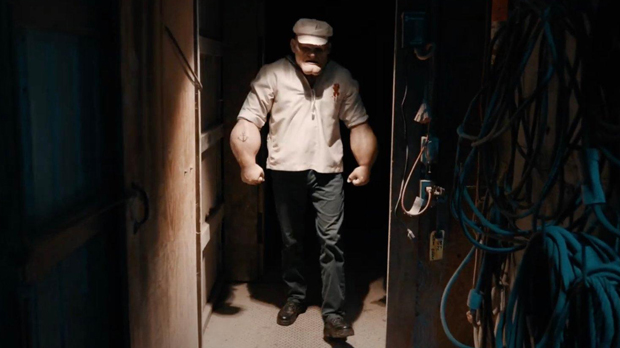 I Am Not Your Negro (2016) Magnolia/Documentary RT: 95 minutes Rated PG-13 (disturbing violent images, thematic material, language, brief nudity) Director: Raoul Peck Screenplay: James Baldwin and Raoul Peck Music: Alexei Aigui Release date: February 3, 2017 (Philadelphia, PA) Cast: Samuel L. Jackson (narrator), James Baldwin (archival), Dick Cavett (archival).
I Am Not Your Negro (2016) Magnolia/Documentary RT: 95 minutes Rated PG-13 (disturbing violent images, thematic material, language, brief nudity) Director: Raoul Peck Screenplay: James Baldwin and Raoul Peck Music: Alexei Aigui Release date: February 3, 2017 (Philadelphia, PA) Cast: Samuel L. Jackson (narrator), James Baldwin (archival), Dick Cavett (archival).
Rating: ****
One of this year’s nominees for Best Documentary Feature, I Am Not Your Negro is a searing, stirring portrait of the black experience in America through the eyes and words of James Baldwin, the late author/social critic upon whose final (unfinished) book the movie is based. At the time of his death in 1987, Baldwin had just begun work on Remember This House, a memoir of his personal recollections of civil rights leaders Medgar Evers, Malcolm X and Martin Luther King Jr., all of whom were murdered in the 60s. If the enthusiastic reaction I Am Not Your Negro received when the end credits started to roll is any indication, it’s one that will be remembered even if it doesn’t take home the golden statuette.
If nothing else, I Am Not Your Negro is a wakeup call to all those who have turned a blind eye to the problem of racism in our country. Even though the Civil Rights Act was passed more than 50 years ago, racism still exists. It can be seen- at least by Baldwin anyway- in virtually every facet of American life, especially in how they’ve been depicted in the media over the years. This is what I took away from I Am Not Your Negro.
The unfinished book in question is actually 30 pages of notes compiled by Baldwin for his opus. Actor Samuel L. Jackson has the honor of reading the man’s words which he does eloquently and elegantly. Now here’s where I Am Not Your Negro differs from the typical documentary. Instead of focusing solely on the man and Lord knows he’s that fascinating a figure, it shows how he saw and wrote about the world around him.
Sadly, not a lot of footage of Baldwin exists despite his many appearances on TV in the 60s. What little there is shows he had real screen presence. He was intelligent, well-spoken, authoritative and dignified. He spoke mainly on issues regarding race and prejudice. He was angry, but never indignant. In the movie’s opening scene, an appearance on The Dick Cavett Show, philosopher Paul Weiss tells Baldwin he’s making too much of race, an assertion with which he clearly disagrees. He gets his point across without things getting ugly. The man had class.
I Am Not Your Negro employs the use of archival news footage, old photos and movie clips to illustrate Baldwin’s points. He talks about his early crush on Joan Crawford after seeing her in 1931’s Dance, Fools, Dance when he was eight. He also discusses at length his issues with actors like Gary Cooper and John Cooper and how they’re emblematic of a culture that’s used to keeping non-whites down. Director Raoul Peck (Lumumba) takes it a step further by juxtaposing scenes from Doris Day musicals like The Pajama Game and Lover Come Back against images of blacks being lynched in the Old South in order to show the differences between white and black America in history. One of his most memorable anecdotes is describing an audience’s reaction to the scene in The Defiant Ones (1958) where Sidney Poitier jumps off a freight train to help Tony Curtis who has fallen off. The whites cheered while the blacks yelled, “What are you doing?!” It’s this aspect of I Am Not Your Negro that interested me the most.
Although I Am Not Your Negro is NOT specifically biographical, Baldwin talks about his life. He talks about his childhood and the white schoolteacher who took him under her wing and exposed him to intellectual pursuits (e.g. history, philosophy and cinema) even though it made her an outcast among her own people. He goes on to say he doesn’t hate white people, but he does hate being treated as though his anger is wrong and unjustified. Why is it, he wonders, that when a white man says “Give me liberty or give me death”, he’s hailed as a hero, but if a black man says the same thing, he’s vilified. It’s one of the many discrepancies relating to race in America.
One of the great things I Am Not Your Negro does is give us an overview of black history from slavery up the assassination of MLK Jr. In addition, Peck links many of Baldwin’s observations to current events like the Ferguson protests and the recent Presidential election. He also gives us a montage of photos of young black men killed by the police over the past few years. The one part that really stands out (for me anyway) is the 1966 clip of Robert Kennedy predicting that we’ll have a black president in 40 years. Who knew then how prophetic that statement was?
Ultimately, I Am Not Your Negro doesn’t show racism as an abstract concept, but as one that affects ordinary folks in everyday life. It’s intelligent but accessible. It also paints a portrait of one of the most compelling figures in the fight for racial equality. Since Baldwin was gay, he also spoke out for sexual equality. No question he was a controversial figure, but so were the three men he was writing his book about when he died. I’m ashamed to admit I never heard of Baldwin until seeing this outstanding film. It’s gripping for all the right reasons. It’s well put together. Most importantly, it’s very thought-provoking. It may even ruffle a few feathers. I like that it’s being released at the beginning of Black History Month. What Baldwin had to say was fascinating and still resonates today. Racial relations have improved significantly since the days of segregation, lynchings and lunch counter sit-ins, but we still have a long way to go. I Am Not Your Negro is a push in the right direction.




